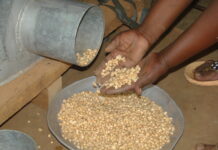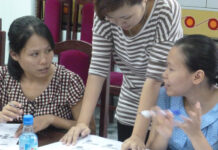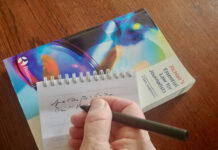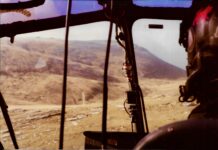
The circumstances and background
You have been sent to cover an incident at a border crossing following reports that a large group of asylum seekers is trying to gain entry to a neighbouring country.
It’s reported that shots have been fired and some people have been killed.
You arrive and see a child sitting by the roadside crying.
You think it’s been abandoned and take a picture. It’s a wonderful shot.
You call your news editor and prepare to send the image back to the newsroom.
The news editor is excited; pictures like this win awards.
As soon as you have sent the image, the child’s mother appears and picks the child up. It stops crying.
It seems the child’s grief was caused, mainly, by being separated from its mother.
Once it saw its mother it seemed to be happy – despite the chaos surrounding it.
The mother shouts at you for taking a photograph, and wanders off into the crowd with her child.
What should you do?
- Pretend the incident with the mother never happened. You have already alerted the news desk. They want to use the image. The mother will probably never know and is unlikely to take action, and you could end up winning a journalism award for the picture.
- Talk to your news editor, explain the situation but recommend that the image is used anyway because, although it’s not accurate, it does show the misery and suffering at the border crossing.
- Look for another shot more representative of the story even though it may be less powerful.
Suggested action
The best course of action would be to look for another shot more representative of the story even though it may be less powerful.
Why option 3 the right answer
It’s all about accuracy and reporting honestly from a situation.
- Don’t just go for the shocking, sad and emotionally-charged images without finding out whether they really reflect the scene you are witnessing; to do so may be exploiting the victims and failing to uncover the true cause of the distress.
- Be sure that what you photograph accurately reflects the true situation and is not a distortion of reality; on the other hand, never ignore the one-off that could reveal an aspect of neglect or harm that has so far gone unnoticed.
- Never stage-manage a shoot to hype up the story; your job is to report through images what has actually happened.
Related training modules
All the scenarios on Media Helping Media are based on real events.








